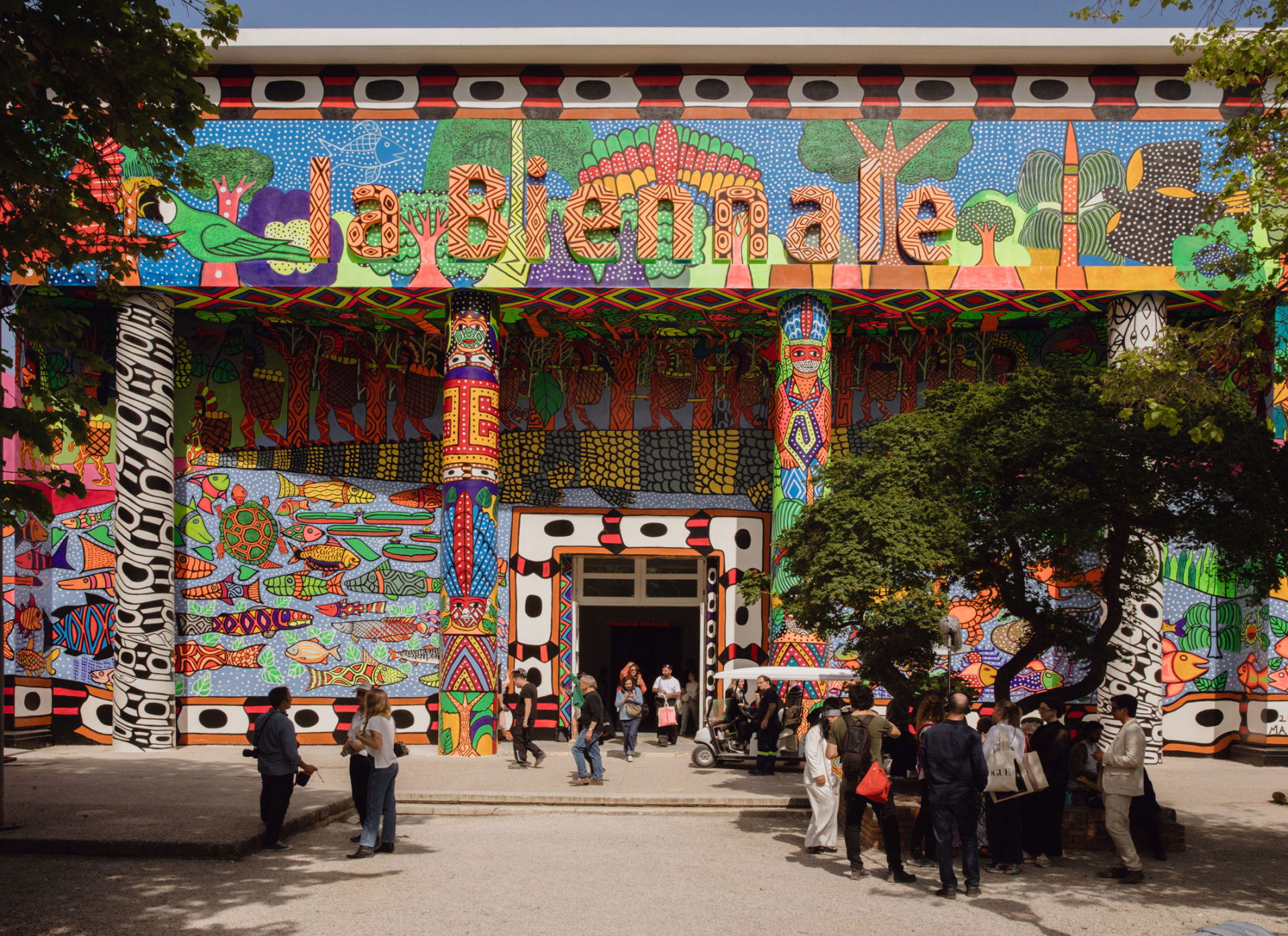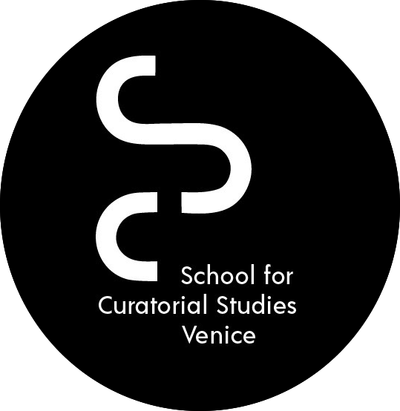Become the Curator: From Theory to Practice with the Venice Biennale

Course online
17.02- 05.03.26
Deadline for applying: 06.02.2026
This isn't just a course about curating—it's a curatorial incubator. We combine critical art-historical analysis with hands-on project development. You will not only study the evolution of curating through the lens of the Venice Biennale but will also apply those lessons to create your own professional curatorial proposal.
Workshop Structure: A Dual-Track ApproachTrack 1: The Critical Foundation (Seminars & Discussions)
Immerse yourself in the pivotal shifts of contemporary curation. Each live session deconstructs a landmark Venice Biennale edition, analyzing the vision of curators like Szeemann, Enwezor, Alemani, and Pedrosa. We'll explore themes of globalization, decolonization, and the changing role of the curator. Vibrant group discussions will challenge your perspectives.
Track 2: The Curator's Lab (Practical Project)
Parallel to the seminars, you will develop your own curatorial project for a hypothetical national pavilion or thematic exhibition. Each week, a practical assignment will guide you through a key component of the curatorial process, building towards your final proposal.
Your Practical Journey Through the Curatorial Process:
- Week 1-2: The Concept & Thesis
- Practical Task: Develop a strong, research-based curatorial concept statement (500 words) responding to a contemporary theme, inspired by the "global turns" we study.
- Week 3-4: Artist Research & Selection
- Practical Task: Create a preliminary list of 4-6 artists for your exhibition, with a rationale for their selection, learning from the diverse rosters of past Biennales.
- Week 5-6: Spatial & Narrative Design
- Practical Task: Draft a simple floor plan or narrative flow chart for your exhibition. How does the viewer move through your ideas?
- Week 7-8: The Proposal & Pitch
- Practical Task: Synthesize your work into a compelling 2-page project proposal and prepare a short, 5-minute "pitch" presentation.
Final Outcome:
You will complete the workshop with:
- A Critical Understanding of modern curatorial history.
- A Professional Portfolio Piece: A polished, 5-7 page curatorial proposal for a focused exhibition.
- A Curatorial Pitch: The opportunity to present your project concept to the class and receive constructive feedback from the instructor and peers.
Session Calendar:
- 17.02.26: The Global Turn – Achille Bonito Oliva, 1993. Lab: Brainstorming concepts.
- 18.02.26: The Szeemann Revolution – 1999 & 2001. Lab: Defining your curatorial "question."
- 19.02.26: Collective Curation – Bonami, 2003. Lab: Artist research methods.
- 24.02.26: World-Making – Daniel Birnbaum, 2009. Lab: Drafting your artist list & rationale.
- 25.02.26: The Encyclopedic Vision – Gioni, 2013. Lab: Structuring narrative and space.
- 26.02.26: The Decolonial Imperative – Enwezor, 2015. Lab: Writing the project description.
- 03.03.26: Beyond Ideology – Rugoff, 2019. Lab: Drafting the full proposal.
- 04.03.26: New Canons – Alemani, 2022. Lab: Peer review workshop.
- 05.03.26: Foreigners Everywhere? – Pedrosa, 2024. Lab: Final Presentations & Feedback.
Who Should Attend?
Aspiring curators, art historians, artists, cultural managers, and anyone seeking to bridge the gap between art theory and the practical skills needed to create meaningful exhibitions.Investment:
- Full Workshop Fee: €590. Includes all seminars, guided practical lab sessions, and personalized feedback on your final project.
- Multi-Course Discount: Deduct €100 from the fee of each subsequent course you book.
Transform your perspective into practice. Reserve your place in the curator's lab today!
APPLICATION FORM
Our Online Delivery Method
Online Study Luctures effectively run over the week – Tuesday, Wednesday and Thursday from 6pm to 8pm CET – maintaining our usual tours’ focused, intensive and immersive experience.
In case one or more lessons cannot be attended, recordings are provided.
Live Seminars - Each lecture is two hours long at the end of each lecture we will have a half an hour for questions and discussions. Your tutor will hold live seminars with you and Google.meet discussions are accessed via a web-link which we will email to you. These sessions enable you to ‘meet’ your tutor and fellow students. To participate you will only need an internet enabled device; you do not need a Google.meet account. If you have questions that you were not able to raise in the discussions, you will also be able to communicate with your tutor by email.



